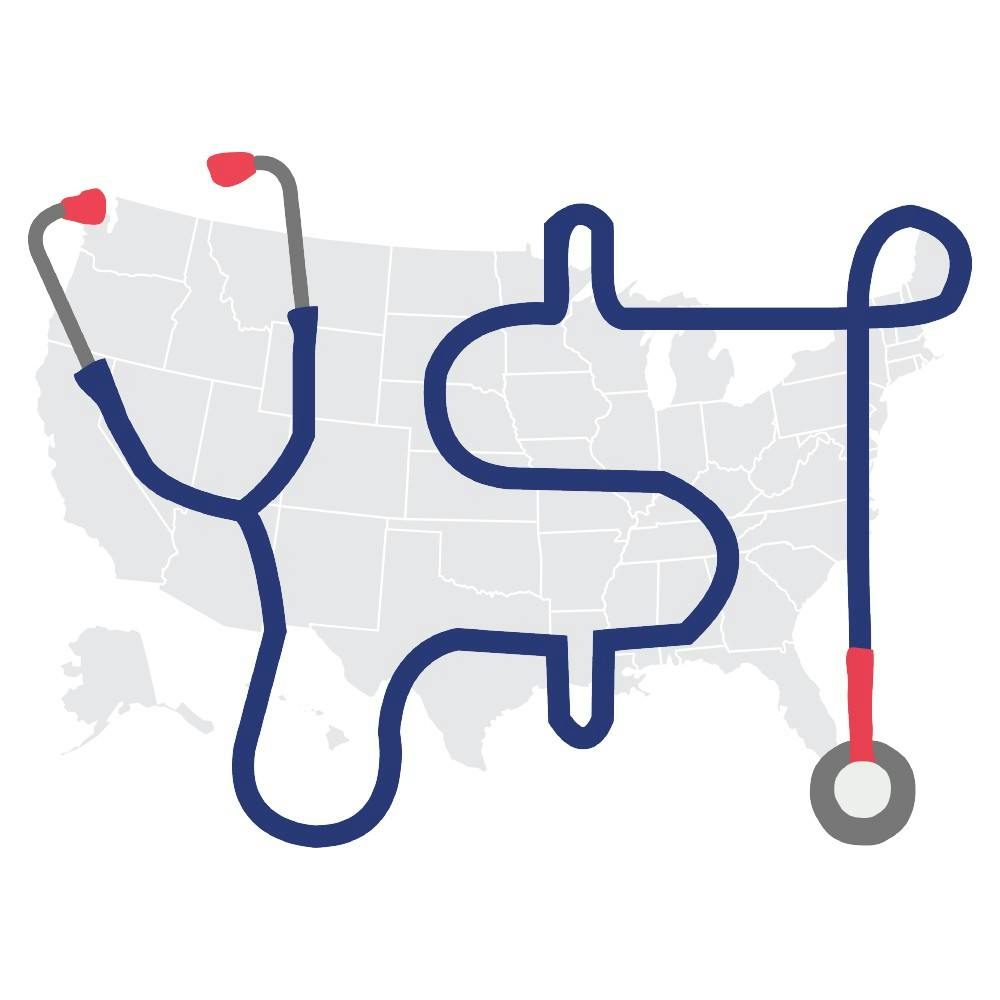We have all heard criticism of the Affordable Care Act or Obama Care ad nauseam. Most of the criticism comes from people who oppose the Affordable Care Act because they feel the law is too close to universal health care.
May 5, a group of 2,000 doctors released a proposal in the American Journal of Public Health that calls for a single payer health care system in the United States and criticizes the Affordable Care Act for not going far enough.
This group of doctors has put together a solid, well thought out plan for switching the current health care system over to a single payer system similar to Canada. The Editorial Board understands a single payer system would be difficult in the U.S., but believes it’s still a necessary right for all U.S. citizens.
According to the proposal, the single payer health care program would be called the National Health Program and would promise all citizens health care coverage without premiums, co-pays or deductibles.
The National Health Program would get the majority of its funding through existing government allocations, which already covers two-thirds of health care. The rest of the funding will come from taxpayer increases in replacement of insurance premiums, co-pays and deductibles.
The doctors said a single payer system will cut down on administrative costs, which will not require the government to spend more money on health care than it already does. Many of the doctors believe a single payer system will improve upon the problems of the Affordable Care Act, which are cost prohibitive co-payments and deductibles that prevent many citizens from getting the care they need.
Even though this plan is well thought out and seems like a solution to many of the financial issues involved with the U.S. health care system, the Editorial Board recognizes the fear such a system will lead to long wait times and increased taxes.
The argument of whether or not the single payer system should be introduced into the U.S. is not a new or different argument. Vermont had a single payer system until the governor deactivated it after learning that the costs were higher than the state could afford.
Colorado citizens will vote in November to decide whether or not the state will move to a single payer system. The tax increases for employers under the single payer system will be 7 percent, 3 percent for employees and 10 percent for the self-employed. Even if the single payer system is implanted on a state-by-state basis, the physicians who proposed the National Health Program claim this reform will only work when introduced at the national level.
However, with a health care system that allows low income households to have more access to affordable care, the health care system can focus on preventative care with those who have historically not had regular checkups, which would save the system from the more costly procedures. A study published in Health Affairs showed that spending more on preventative medicine would result in medical savings of $573 per person, per year.
And while in Canada, the single payer system has resulted in longer wait times, a report from the Commonwealth Fund found other single payer systems, like the one in the UK, costs less than the U.S. system and results in more same-day appointments and access to after hours care than the U.S.
The debate on whether or not a single payer health system will work in this country could rage on forever. Either we keep expensive health care that leaves millions uninsured or we implement a single payer system that guarantees every citizen free health care that might lead to wait times for doctor’s offices. The choice is ours.




